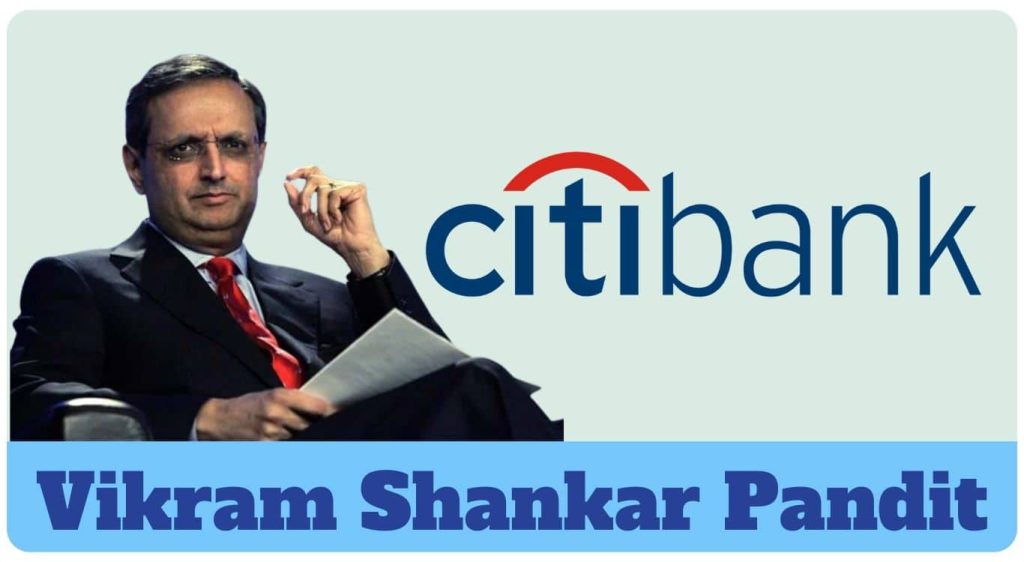Vikram Pandit: Citigroup CEO To Orogen Group
What defines success in the high-stakes world of finance? Is it the accumulation of vast wealth, the climb to the corner office, or the ability to navigate treacherous economic waters? For Vikram Pandit, the former CEO of Citigroup, the answer is a complex tapestry woven from all three. His journey, from a young immigrant arriving in the United States to the helm of one of the world's largest financial institutions, is a story of ambition, resilience, and ultimately, reinvention.
Pandit's story begins in Nagpur, India, where he was born on January 14, 1957. At the age of 16, he embarked on a path that would shape his destiny, traveling to the United States to pursue his undergraduate studies at Columbia University. This prestigious institution, a hub for intellectual discourse and academic excellence, provided the fertile ground for Pandit's burgeoning interest in finance. He quickly distinguished himself, earning a PhD in finance and embarking on a career that would take him to the pinnacle of Wall Street.
| Full Name | Vikram Shankar Pandit |
|---|---|
| Date of Birth | January 14, 1957 |
| Place of Birth | Nagpur, India |
| Nationality | American |
| Education | Columbia University (B.S., M.S., Ph.D.) |
| Career Highlights |
|
| Professional Recognition |
|
| Board Memberships | Columbia University, Columbia Business School |
| Philanthropy | Founder, Maina Foundation (breast cancer awareness) |
| Reference | Bloomberg Profile |
Pandit's rise through the ranks of the financial world was meteoric. He joined Morgan Stanley in 1983, where he honed his skills and ascended to the position of President and Chief Operating Officer of the firm's institutional securities and investment banking businesses. His entrepreneurial spirit led him to co-found Old Lane Partners, a hedge fund that he later sold to Citigroup for a staggering $800 million in 2007. This transaction not only solidified Pandit's financial standing but also positioned him for his most challenging role yet.
In December 2007, Pandit took the reins of Citigroup, a financial behemoth reeling from the subprime mortgage crisis. He inherited a company on the brink of collapse, burdened by toxic assets and facing an uncertain future. Over the next five years, Pandit orchestrated a dramatic turnaround, recapitalizing the institution, restructuring its operations, and steering it through the most turbulent economic climate since the Great Depression. His leadership was tested, his decisions scrutinized, but his resolve remained unwavering.
Pandit's tenure at Citigroup was not without controversy. His abrupt resignation in October 2012 sent shockwaves through Wall Street. While he maintained that his departure was voluntary, whispers of internal conflicts and boardroom pressure painted a different picture. Regardless of the circumstances surrounding his exit, Pandit's legacy at Citigroup remains complex and multifaceted. He is credited with saving the company from collapse, yet his leadership was also marked by criticism over executive compensation and strategic decisions.
Following his departure from Citigroup, Pandit embarked on a new chapter, founding the Orogen Group, an investment firm focused on financial services and technology. This venture allowed him to leverage his vast experience and expertise to pursue new opportunities and shape the future of finance. He also continued his commitment to education and philanthropy, serving on the boards of Columbia University and Columbia Business School, and founding the Maina Foundation to raise awareness for breast cancer research.
Vikram Pandit's story is a testament to the power of adaptability and resilience. From his early days as a young immigrant to his leadership at Citigroup and beyond, he has demonstrated an unwavering commitment to excellence and a remarkable ability to navigate the complexities of the financial world. His journey serves as an inspiration to aspiring entrepreneurs and a reminder that even in the face of adversity, success can be found through innovation, determination, and a willingness to embrace change.
His decisions, both celebrated and criticized, shaped the trajectory of one of the world's largest financial institutions and left an indelible mark on the landscape of global finance. From the sale of Old Lane Partners to his leadership during the financial crisis, Pandits actions demonstrate a calculated risk-taking and a deep understanding of the intricacies of the market. He took risks, some that paid off handsomely, others that drew scrutiny, but always with a clear vision for the future.


+Nagpur%2C+Maharashtra%2C+India.+Nationality+American..jpg)